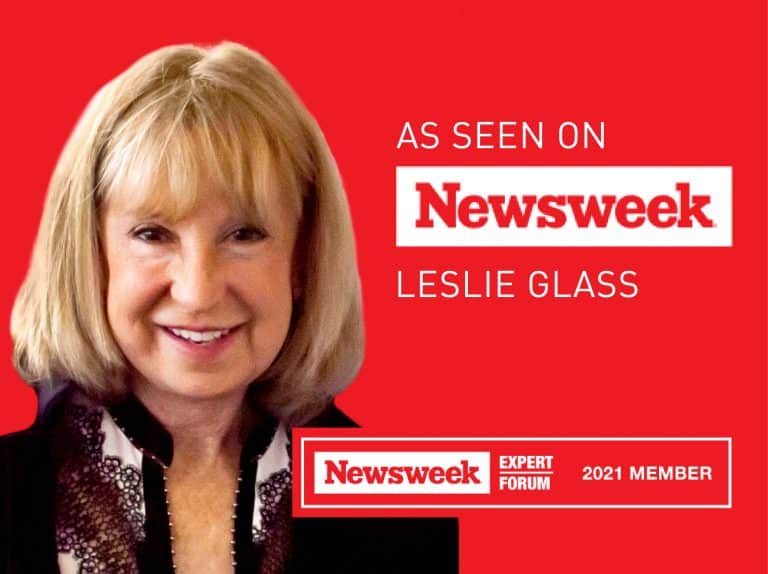Family Addiction In The Workplace
From Newsweek When someone has an alcohol or substance use disorder (addiction), they aren’t the only one who suffers from the illness. Addiction is a family disease that affects and changes family behavior through generations, whether they know it or not. It’s also a community and national disease because we all have to cope with the social and emotional consequences of alcohol and substance disorders. Millions of Americans are directly impacted and suffer PTSD and other mental health problems related to someone else’s addiction. For every person who has a drug or alcohol disorder, five to 15 family members, coworkers and friends are affected. Let’s use the lowest number, five, and multiply it by the 23.5 million currently suffering from at least one addiction. That shows you how significant the social impact is.
Having a substance, alcohol or behavioral use disorder can mean legal or financial consequences, law enforcement involvement, job loss, divorce and more — all of which can create unbearable stress for employees. Many employees coping with addicted loved ones who aren’t in treatment have no support or resources. Here are a few facts:
• One in 7 adults over the age of 18 have a serious problem with alcohol.
• 28.6 million people are adult children of alcoholics.
• Thirty percent of high school students drank alcohol in the last month.
• More than 50% will experience a mental illness at some time during their lifetime.
• Although more than 23 million people suffer from at least one addiction, only one in 10 receive treatment.
Coping with crisis after crisis affects an employee’s mental health and work product, and that impacts every business’s bottom line. And the stresses have increased during COVID-19, with workers at home where drinking has escalated. While so many companies and their employees have a helping attitude toward those impacted by natural disasters and catastrophic illnesses or accidents, there is a reluctance to add mental health and recovery support. This lack of acknowledgment of the problem creates another layer of isolation for suffering employees. Innovation and solutions that include wellness education and support would help everyone. Here’s how I know.
Family Addiction Affected Me As An Author
Ten years ago, I transformed from bestselling mystery author to CEO of a recovery publishing company. Entertainment and media didn’t have a recovery category, so there was a need to create one. My screenwriter daughter, Lindsey, and I had traveled the addiction recovery journey for a difficult decade during Lindsey’s young adult years. Like millions of American families and working moms coping with this deadly disease, I didn’t have the tools and support Lindsey and I needed to establish long-term successful recovery both from substance addiction and family dysfunction. Worse, I couldn’t tell my editors, agent, author friends or anyone. Everyone thought my life was perfect. I attended Al-anon and AA meetings in church basements far from my workplace, but not everyone can or wants to do that.
What made our mother/daughter struggle even harder was the media’s obsession with the dark side of addiction. The constant portrayal of people (both rich and poor, righteous and lawless) at the end stage of their disease has become almost a national addiction itself. We see a lot of what looks like recovery failure and can’t help feeling helpless and hopeless. If celebrities and rich people who have everything can’t get it together, how can everyday people like us get healthy?
Our mission became to shift the focus from the catastrophe of addiction to the benefits of recovery. That has meant creating an information highway where people feel safe to explore what’s happening to them and can pick up some actionable information and tools to improve their lives. We became documentarians and recovery authors to provide everyday support and access to prevention and recovery resources. Now, when business leaders ask me, “What can I do?” I have an answer. You can talk about it and provide resources, and you can make wellness part of your company policy.
With mental health in the news now more than ever, this is a great time for your business to take a more active role in educating and supporting the emotional wellness of your employees. Here’s what you can do to change their world:
1. Make your company a safe place to talk about addiction recovery and emotional wellness.
2. Have interviews or “lunch and learn” events with experts on mental health to talk about burnout, family relationships, surviving addiction and other crucial mental health subjects.
3. Gift your employees with tools to help prevent addiction and mental health issues in children and teens. These can be holiday or back-to-school gifts to show you care about the mental health of our youth. It’s a small price to pay to save a child.
4. Provide your employees with access to recovery information and resources.
5. Allow employees who are in recovery an opportunity to mentor or share their experiences. This is another way to make your company a safe place to share information.
I received a gift box with my insurance last year. It was so exciting to get free toothpaste, mouth wash, hand sanitizer and bandaids. Health, however, is more than the purely physical. What if I had also received a wellness coloring book for children or a parenting guide for teens? What if a pamphlet on What Makes You Emotionally Healthy happened to be tucked in there among the body products? Who wouldn’t read it? Emotional health is what we all desperately need right now.
If you love ROR content:
Check out 100
Tips For Growing Up
Follow us on Instagram
Like us on Facebook
Comment on our posts





















